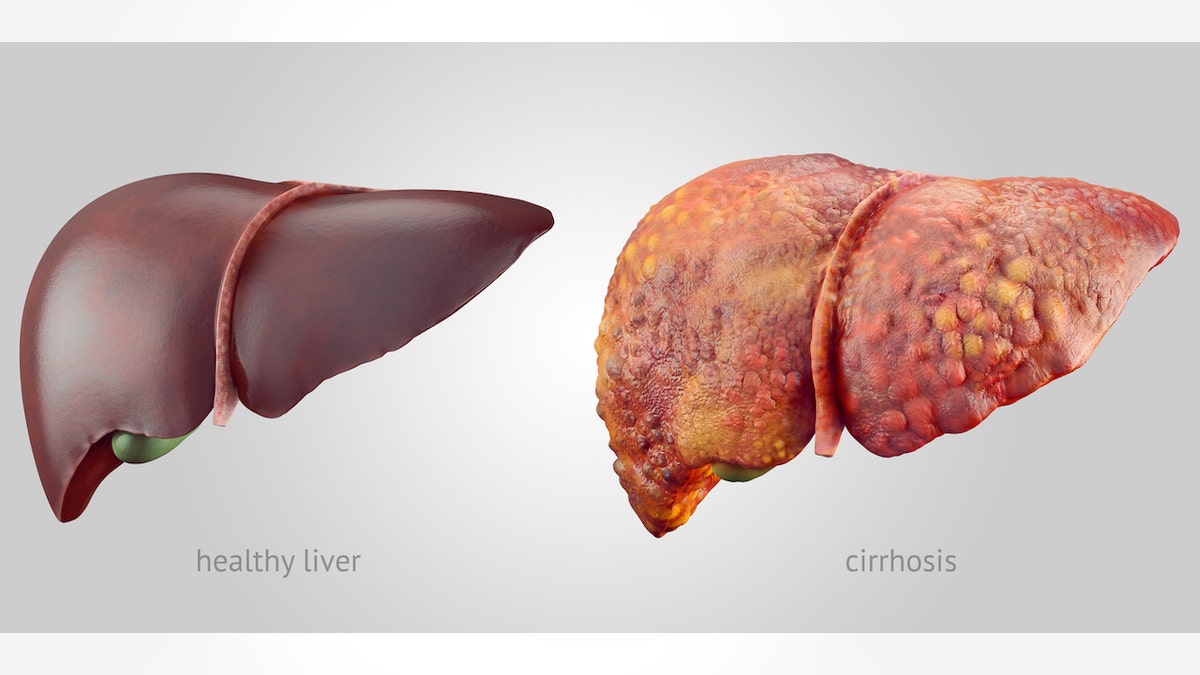
Primary Biliary Cholangitis (PBC), an autoimmune liver disease, affects approximately 100,000 people in the US. Recently, the FDA approved Iqirvo (elafibranor) for its treatment. This drug has shown statistically significant improvements in biochemical response compared to UDCA alone as demonstrated in the Phase III ELATIVE trial. However, it is not recommended for pregnant patients or those with advanced stages of cirrhosis and may cause side effects such as muscle pain, rhabdomyolysis, myopathy, fractures, weight gain and drug-induced liver injury.
Palak Trivedi and James Boyer discussed emerging therapies for PBC in a HCPLive Special Report segment. They highlighted next-generation PPAR agonists and Ileal bile acid transporter inhibitors (IBAT inhibitors) as potential treatments for PBC and PSC. These agents have shown promise in reducing cholestasis, improving cognitive impairment, and fatigue.
Preliminary results indicate significant improvements in pruritus and fatigue with IBAT inhibitors. Boyer emphasized the need for continued observation and validation through further studies to fully understand their potential impact on PBC management.
In real-world settings, primary care physicians should be aware of PBC and testing for anti-mitochondrial antibodies in at-risk patients. A patient-facing document from the Netherlands aims to enhance value-based healthcare by enabling patients to better communicate their needs during medical visits.
James Boyer, an Ensign Professor of Medicine at Yale School of Medicine and the Founder and Emeritus Director of the Yale Liver Center, and Palak Trivedi, an Associate Professor and Honorary Consultant Hepatologist and Clinical Research Director for Industry Engagement at the University of Birmingham, shared their perspectives on unmet needs in PBC management from both clinical and patient perspectives.
Trivedi emphasized the importance of achieving lower alkaline phosphatase levels to extend life expectancy and improve quality of life for PBC patients. New drugs like elafibranor have shown partial success in normalizing these levels, but combination therapies may be necessary.
From a patient's perspective, newer therapies reduce pruritus but challenges remain in addressing cognitive dysfunction and fatigue associated with PBC. Trivedi suggested incorporating health-related quality of life tools and patient-reported outcomes in efficacy trials to better address these aspects.
Beyond current standards, emerging therapies such as next-generation PPAR agonists and IBAT inhibitors are being tested for their potential impact on PBC management. These agents have shown promise in reducing cholestasis and improving cognitive impairment and fatigue.





